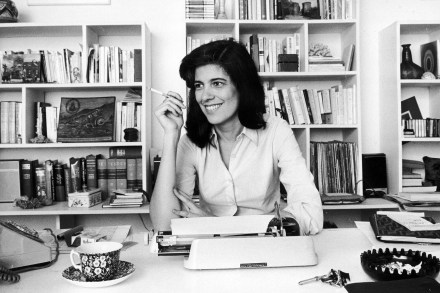A dog’s life is infinitely superior to our own — so let’s embrace it
The Dominican friar Henry Suso was once carving Jesus’s name in his chest with a knife when he noticed a puppy playing nearby. Seeing the little dog amusing itself with a dirty cloth gave the friar an epiphany. Suso realised that redemption is granted not to those who mortify their flesh — for to do so is merely to glorify oneself. Rather, one shows love for God by living in grace, simplicity and sportive celebration of the world. Like dogs. Those who have seen dogs in action might well demur. Once, in a pub, I was giggling with a friend as the publican’s Welsh spaniel humped the leg of a


